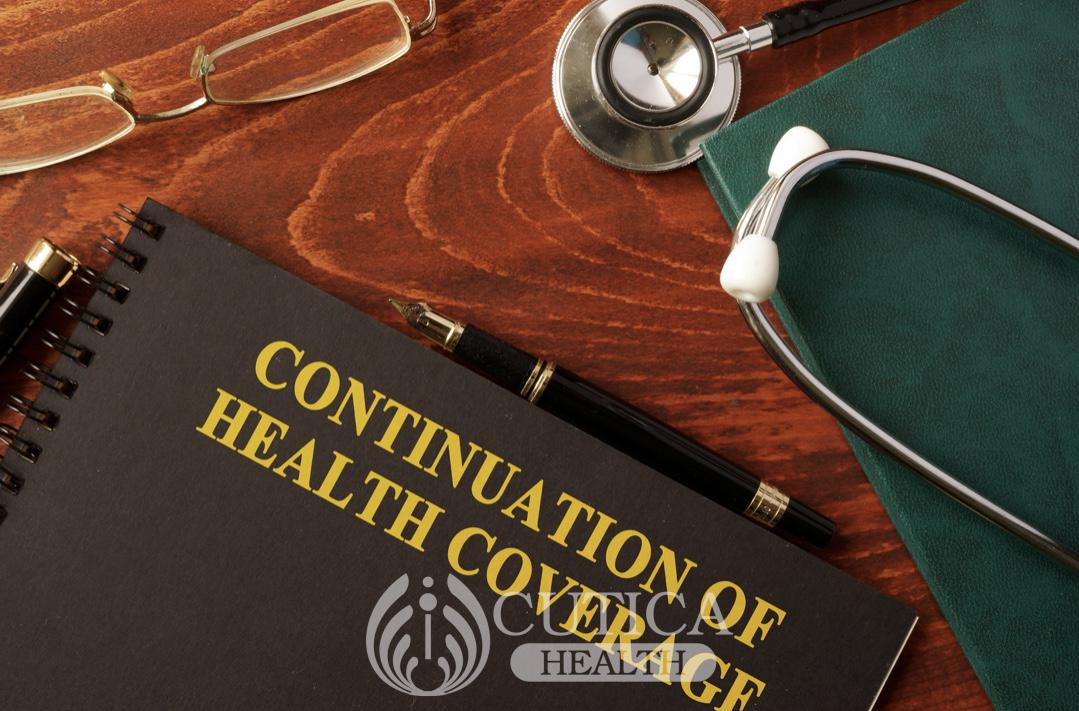
Surgery is intrusive, hence most persons and their loved ones worry when the prospect of “going under the knife” arises. There are practical steps that you can take to make surgery maximally safe and effective for yourself or a loved one.
First, let’s learn from Emily’s story: Emily’s surgeon had informed her that she would be given a general anaesthetic (in other words, be put to sleep) to remove lumps in her left breast and armpit, and that she would have to stay in the hospital for two days afterwards. The discussion with the surgeon left Emily feeling quite confident. Later on, after receiving questions from concerned family and friends about the safety of being put to sleep for surgery, and finding out that she would have to shell out a high insurance co-payment, Emily began to have second thoughts. She now wishes she had asked more questions and included others in planning for the proposed surgery.
Surgery may involve an open (traditional incision) approach or a minimally invasive approach (also known as keyhole surgery), which has the benefits of small incisions and barely visible surgery scars. However, contrary to common assumption, how well surgery turns out does not depend on the surgical team alone. Here are the top 5 things you should do when you or a loved one is facing major surgery.

- Get as much information as possible. Expect your surgeon or a delegated member of the surgical team to give you clear information about your medical condition, the reason why surgery is necessary, the relevant investigations (such as blood tests, heart assessment, or body imaging tests) that may have to be done before and after surgery, the risks and benefits of the proposed operation, and a timeline for recovery. Before you give your consent (meaning permission for surgery to be done), it is well within your rights to ask questions and receive satisfactory answers about the planned operation. If necessary, defer the decision to go ahead with surgery until after discussing with your loved ones. If in doubt, you may seek a second opinion from another doctor, especially if the surgery is an anticipated one (called an elective surgery) rather than an emergency operation. Do not rush to give permission for surgery without asking relevant questions and without thinking through your options. A good surgeon should not be offended by probing questions from a patient.

In a similar vein, be ready to provide correct answers to questions raised by the surgical team. Prepare to answer questions about your allergies (if any), drinking or smoking habits, any herbal or prescription medications (including blood thinners) that are currently being used, and previous reactions to anaesthetics or sedatives by you or by a family member. If you are not sure of the answer to a question, don’t guess, just say so.
- Get respectable medical professionals involved in your plans. If involved early on, a doctor who knows you well such as a family physician is usually well suited to help you gain further insight about surgery in a way that is relevant to your specific situation. It is important for you to be certain that the surgeon who will operate on you is not only qualified, but also has a track record of good results, and a good reputation with regards to professional and relational skills. Generally, a surgeon who has successfully performed an operation numerous times is likely to be better at it and have successful outcomes. Keep in mind that the outcome of surgery isn’t all about the prowess of the surgeon, but is an aggregation of the performance of the entire team that works with him/her before, during and after the procedure.
- Find out about the cost of associated care. It is essential to have a full disclosure of the costs involved. Apart from the cost of surgery, there are costs for before- and after-surgery care, meals, and other incidental expenses (for example, service charge for a brief stay in a high dependency unit). Unless your health bills will be paid as out-of-pocket expenses, it is wise to discuss ahead of surgery with your insurer to know what aspects of surgery are covered and what is not covered under your health insurance plan, and to make adequate provisions for any extra payments that may come up. Incomplete knowledge about costs can result in unexpected indebtedness when the bills come in.
- Get your support network ready. Even when you undergo a day-case surgery under a short-acting anaesthetic (pain-numbing drug), you may not be allowed to drive a vehicle or operate machinery in the first 24 hours afterwards, during which you should be attended to by a responsible adult. If you are going to stay in the hospital for a few days, your family members may need to take time off work to be supportive. They will need to know the visiting hours when they can have physical access to you, and whether the hospital routinely provides subsidized temporary accommodations for family caregivers. Family and friends may be instrumental- while you’re not at your best -for the maintenance of routines that may be crucial to your recovery and general sense of well-being.
- Get actively involved in after-surgery self-care. After discharge from the hospital following major surgery, there may be need for further treatments apart from scheduled reviews in the surgical out-patient clinic. This may involve weeks of exercise routines or physiotherapy, or recommendations to temporarily avoid certain activities such as climbing stairs or driving a car. Failure to comply with after-surgery instructions may frustrate the purpose of surgery or cause serious complications.

Unrealistic expectations of quick return to normal activity levels after major surgery may lead to needless frustration and strained relationships. Also, some patients may struggle for a while with body function or self-esteem issues, such as sexual dysfunction after groin surgery. Belonging to a chat group or other support group where persons who have undergone similar surgery share helpful insights may be useful for realistically gauging your personal experience, and for enhancing your own physical and social recovery.
Final words: Inadequate planning can turn major surgery into a daunting challenge for you and your loved ones. It pays to deliberately be well informed, cooperate with healthcare providers, engage relevant support systems, and participate actively in self-care routines. With a proper focus, you and your loved ones can emerge from major surgery with positive memories and helpful knowledge to share with others in need.
Contributed by Dr. Olusegun A. Kehinde












